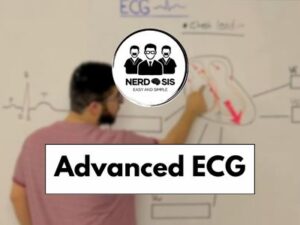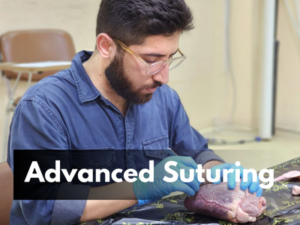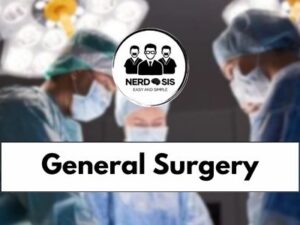- ناساندن
- وانەکان
- Comments
Introduction to Basic ECG Course
Welcome to the Basic ECG Course! Electrocardiography (ECG or EKG) is a fundamental diagnostic tool in the medical field, providing crucial information about the heart’s electrical activity. Whether you are a healthcare professional seeking to enhance your skills or a student beginning your journey in cardiology, this course is designed to offer a comprehensive and accessible introduction to ECG interpretation.
Course Objectives
By the end of this course, you will be able to:
- Understand the basic principles of electrocardiography.
- Identify and describe the components of a standard ECG.
- Recognize normal and abnormal ECG patterns.
- Interpret common arrhythmias and other cardiac conditions.
- Apply your knowledge to clinical practice confidently.
Who Should Enroll?
This course is ideal for:
- Medical students and residents.
- Nurses and paramedics.
- Allied health professionals.
- Anyone interested in learning about ECGs.
No prior knowledge of electrocardiography is required. We will start with the basics and gradually progress to more complex concepts, ensuring that all participants, regardless of their background, can follow along and benefit from the course.
Course Structure
The course is divided into the following modules:
- Introduction to ECG: Overview of the course, the importance of ECG, and basic concepts.
- Anatomy and Physiology of the Heart: Understanding the heart’s structure and function.
- The ECG Machine and How It Works: Insights into how the ECG machine operates.
- ECG Leads and Placement: Learning about different types of leads and proper electrode placement.
- Reading an ECG: Step-by-step guide to reading and interpreting ECG traces.
- Common ECG Patterns: Identification and analysis of normal and abnormal patterns.
- Case Studies: Practical examples and real-life case studies to apply your knowledge.
- Final Assessment: Testing your understanding and readiness to interpret ECGs in a clinical setting.
Learning Methodology
This course combines theoretical lessons with practical exercises to reinforce learning. You will have access to:
- Video lectures and tutorials.
- Interactive quizzes and assessments.
- Downloadable resources and reference materials.
- Online forums and discussion groups for peer support and collaboration.
Getting Started
To get the most out of this course, we recommend:
- Setting aside regular study time each week.
- Actively participating in discussions and forums.
- Completing all quizzes and assessments.
- Practicing with real ECG examples whenever possible.
We are excited to have you join us on this educational journey. Let’s start learning and mastering the basics of ECG together!





